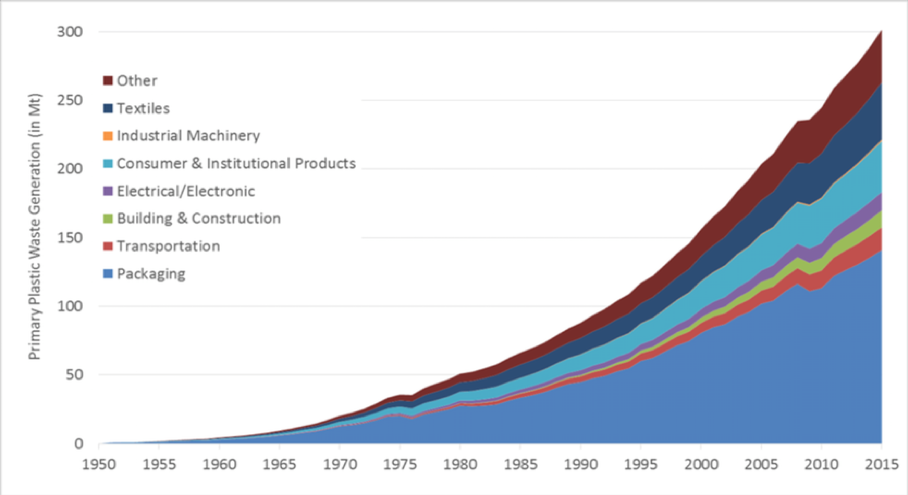Since the dawn of the Covid-19 pandemic, a sizeable amount of workers across many countries have taken up working from home as the new normal. Studies have shown that a sizeable number would prefer to continue working from home even if their respective workplaces reopen.
Much of the economic argument behind supporting working from home, albeit disputed, revolves around increased worker productivity, environmental benefits and an outflow from big city areas reducing city budget strains.
However, there are more economic arguments supporting working from home as the new normal that have not been prevalent in the news. Here are a few that are worth mentioning.
Developing countries may be forced to modernize
In countries with high population densities but smaller economies, working from home is not as easy as in developed nations. This being because internet access in suburban regions is not as good as in the cities. These nations, in the interest of public health, may redouble their efforts to expand internet access as well as better infrastructure and services so that such workers are not only able to work but are comfortable doing so.
Internet coverage heat map - Source: https://www.inverse.com/article/19357-internet-map-of-every-connected-device, John Matherly / ImgurHere, men and women in developing nations would not have to go into the city to find work, take part in distance educational courses and can take care of their kids and fix housework more easily. This leads to another potential benefit, not only limited to developing countries.
Gender equality may improve
A large source of gender inequality is due to the fact that women are typically the ones to raise children. When raising a child, the opportunity cost - the next best thing you could have done had you not made your first choice – of further education is also impacted.
Working from home may potentially alleviate this as more women may be able to enter the labor market as well as participate in further education courses. Along with the previous point, this would potentially lead to an expanded labor force with more skilled labor and higher GDP rates.
Source: https://www.economist.com/graphic-detail/2019/06/05/the-world-is-a-long-way-from-meeting-its-gender-equality-target
Rural and suburban economies may expand
Whilst there may not be a full-blown urban exodus, as mentioned, working from home means that there is an outflow from big cities to the suburbs and rural areas. Workers may decide that it would be pleasant to work from their summer cabin instead of working from home. Where normally, workers would spend money on lunches nearby their workplace and may choose to go shopping after work in the city, now that money may be directed where they are staying put.
This means that there may be expanded economic opportunity across the country. Cafes, stores and other shops would have a better chance to thrive where studies have shown that big cities tend to thrive while smaller ones are left behind. As purchases in the city are typically more expensive, this also means that households may save money in the long-term, improving their household budgets.
The problem of plastics may improve
When working at the office, think about how much plastic you use. Plastic lids for coffee you buy at the café, the soda you get at the shop, water bottles and even a lot of office supplies create plastics that are often thrown away which end up in our oceans or landfills. The economic cost of cleanup is estimated well into the trillions and already causes major pollution effects as well as damages to human and marine life through microplastics.
Source: https://www.interactioncouncil.org/publications/no-such-place-away-plastic-pollution-oceans-why-we-should-care-and-what-do-about-itEmployment levels may increase
Starting a new job often creates a common issue for many workplaces: where to put him/her when they start. Companies that hire remotely do not have to pay for office space and supplies which save a lot in terms of overhead – ongoing business expenses. Further costs may also be saved through less rent and utilities, cleaning services, food and drink as well as taxes. As a result, not only may businesses be able to better afford hiring new workers but also improve employee retention on top of increased employee productivity.
Of course, this is not an exhaustive list of potential benefits to working from home but are some that have not gotten better attention from new articles and economic discussions. The economic downside to working from home is equally as lengthy and needs equal consideration before working from home becomes a long-term strategy.




No comments:
Post a Comment